Jeju Air: Two days, two incidents, same type of plane, is this a coincidence?
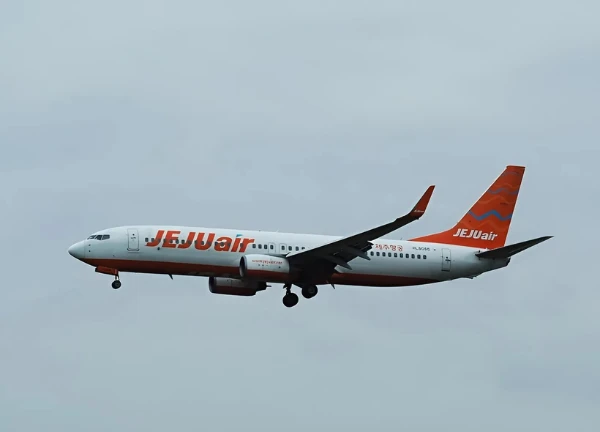
1 | 0 Discuss | Share
Minister of Land, Infrastructure and Transport of Korea (MOLIT) Park Sang Woo has announced his resignation to accept responsibility for this tragedy. At the same time, the results of the initial investigation were also announced as the main cause of this unfortunate incident.
In a press conference held on January 7, Minister Park Sang Woo officially announced his decision to resign. He expressed his regret and accepted responsibility for this serious aviation tragedy. "I feel a great responsibility for this disaster," Park said. The minister's decision to resign shows the seriousness of the South Korean government in handling the case and alleviating the pain of the victim's family.
Also in this press conference, MOLIT announced the results of the initial investigation into the cause of this incident. Based on the pilot's "mayday" distress signal and the accounts of two surviving crew members, investigators determined that the collision with the bird was the main cause of the accident. This is the first time the South Korean government has officially confirmed the cause.
To reinforce the conclusion, Lee Seung Yeol, head of the investigation team of the Korea Air and Railway Investigation Commission, said feathers were found inside one of the plane's engines. Three ornithologists from the National Institute of Biological Resources were also sent to the scene to collect more specimens, including soil and feathers, from inside the plane's engines.
Investigators are continuing to analyze to determine the species of bird involved, the number of birds that collided with the plane and how they collided and were sucked into the engines. This information will help prevent similar tragedies in the future.
Although collisions with birds were identified as the initial cause, many questions remain raised about the role of other factors, especially airport infrastructure and safety procedures.
One of the issues of concern is the mound located at the end of the only runway of Muan Airport. Many believe that this mound contributed to aggravating this incident, causing the plane to explode after landing on the belly. However, MOLIT still insists that the construction of the mound and the installation of some equipment on it comply with current Korean and international regulations.
Another issue mentioned is the number of bird collisions at Muan airport. According to statistics, from 2019 to August 2024, this airport has recorded 10 collisions with birds, the highest rate compared to the total number of operated flights. This shows the potential risk from migratory bird activity in this area.
To deal with this risk, Muan Airport has set up a team dedicated to detecting, warning and scaring away birds. However, according to information from Hankook Ilbo, at the time of the Jeju Air plane crash, only one member of this team was on duty. This raises questions about the effectiveness of the bird control process at the airport.
The Jeju Air tragedy is a valuable lesson for the Korean aviation industry and the whole world. It shows the complexity of aviation incidents, when many factors can work together and lead to serious consequences.
After this incident, MOLIT is committed to quickly improving the safety system of airports. Deputy Minister Joo Jong Wan said safety measures when building a concrete wall at the end of the runway have not been adequately guaranteed. Police are also investigating how the wall was built.
Analysis of data from the aircraft's black box and other data, such as cockpit audio tapes and surveillance images, is still ongoing. This process is expected to take a long time, but the information gathered will be important to better understand the development of the case and take effective preventive measures.
Jeju Air "crisis": Thousands of tickets canceled, "lost money and suffered" after the disaster!  Nguyễn Khanh16:16:54 31/12/2024The horrific air accident killed 179 people and had serious consequences for Jeju Air, which had to cancel 68,000 bookings, equivalent to more than 300 flights, within 24 hours of the tragedy.
Nguyễn Khanh16:16:54 31/12/2024The horrific air accident killed 179 people and had serious consequences for Jeju Air, which had to cancel 68,000 bookings, equivalent to more than 300 flights, within 24 hours of the tragedy.

1 | 0 Discuss | Share
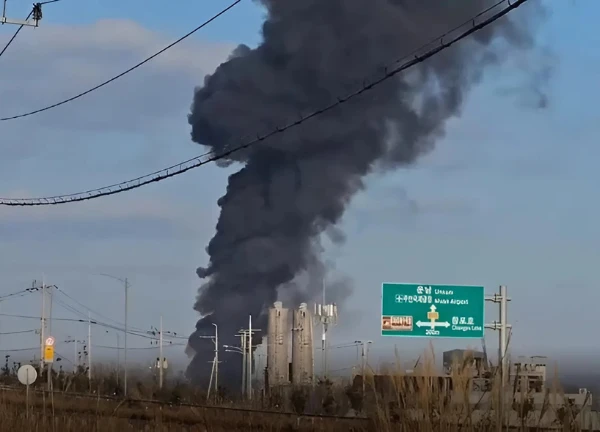
2 | 0 Discuss | Share
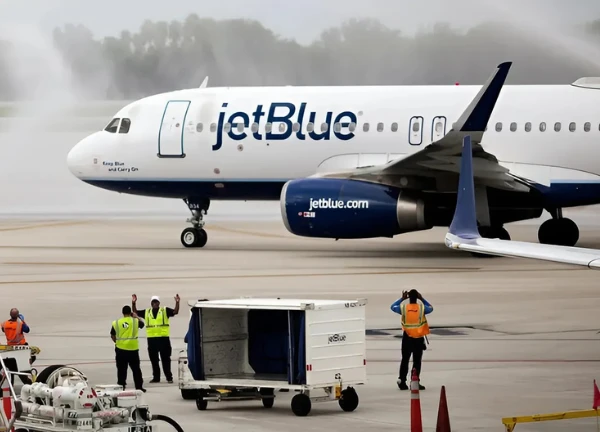
1 | 0 Discuss | Share
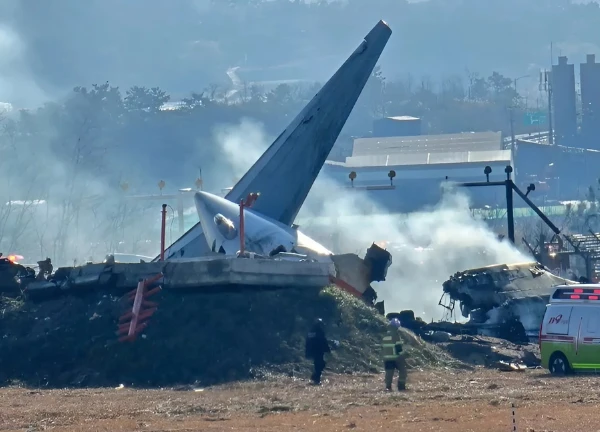
3 | 0 Discuss | Share
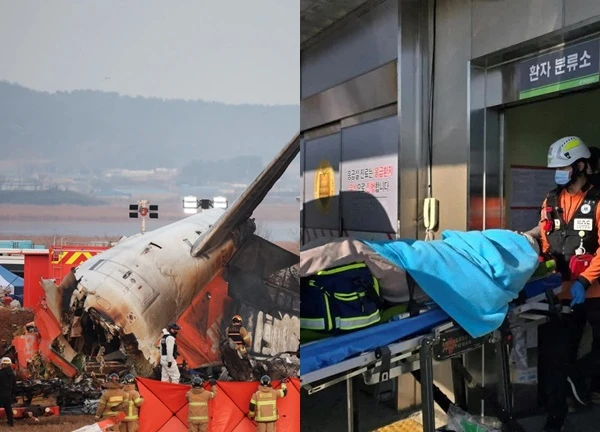
2 | 0 Discuss | Share

2 | 0 Discuss | Share
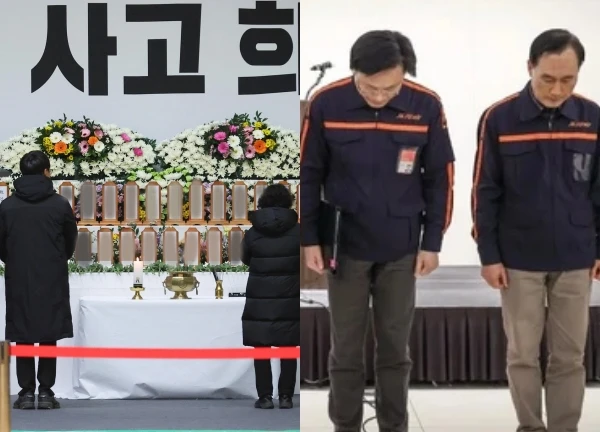
1 | 1 Discuss | Share
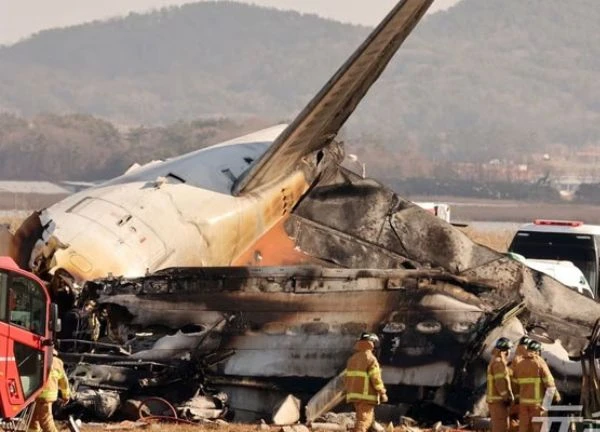
3 | 1 Discuss | Share

1 | 0 Discuss | Share

2 | 0 Discuss | Share

3 | 1 Discuss | Share

2 | 1 Discuss | Share









2 | 0 Discuss | Report